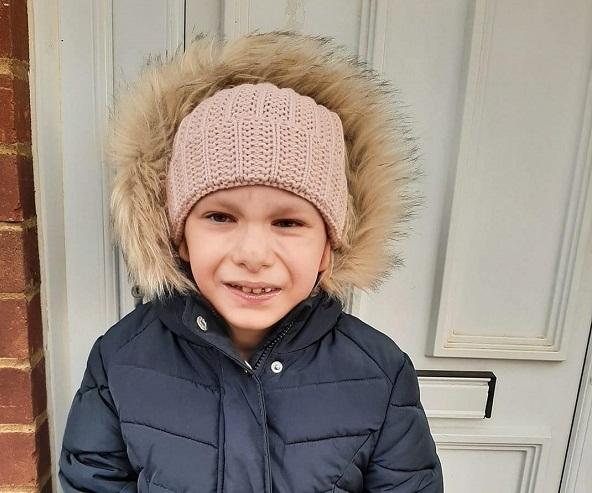
Published on: 02/12/20
Pandemic has ‘worsened cracks’ in the system, according to survey.

Published on: 02/12/20
A survey has revealed that 24% of disabled children, of families who responded, are not in school full-time and that health support is not back to pre-pandemic levels.
The survey, completed by 3,400 parents, was led by Disabled Children’s Partnership (DCP), a coalition of 80 disability charities. They are now calling for urgent action to stop the impact on the long term development and mental health of children which could have repercussions for years to come.
Key findings from DCP’s Back To School Poll include:
Amanda Batten, Chair of DCP, said the survey shows that the pandemic has worsend cracks that were already in the system. She added: “Back to school has gone well for many disabled children. Their families are grateful for the efforts of schools and teachers. But there are groups of children who have been let down.”
Nine-year-old Ellie, who has complex health needs, was left without transport for almost two months when she returned to school in September. Transport to and from school is part of her Health, Education and Care Plan (EHCP) and is to be provided by her local authority.
Her mum, Farah said: “I don’t drive, but luckily my husband was off work so we were able to get her to school. I pushed and followed up constantly until her transport was put in place but some parents don’t feel they are able to do this. Those children could possibly miss out on vital education.”
She added: “Ellie absolutely adores school. She only returned this year after two years off and I see a huge difference in her mental health. Kids, particularly those with disabilities, thrive on the routine of school.”
DCP is calling on the government to do more to hold local areas accountable for getting all children back to school. And to learn the lessons and act on them when they do their review of special education needs policy next year.

Football authorities are being urged to implement rules to tackle brain injury.

The World Health Assembly has agreed to take action to reduce the impact of the disease.